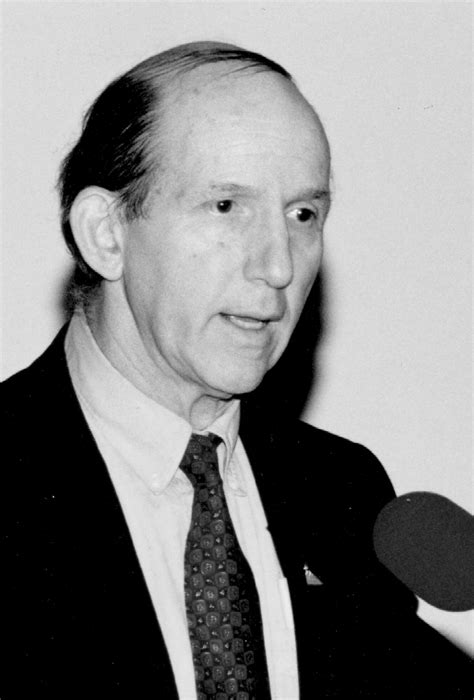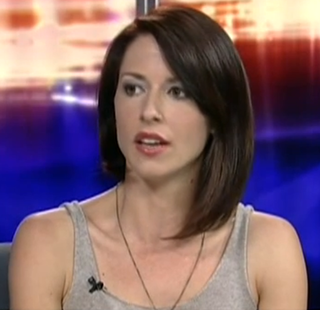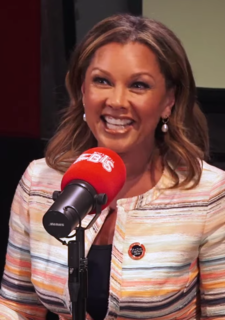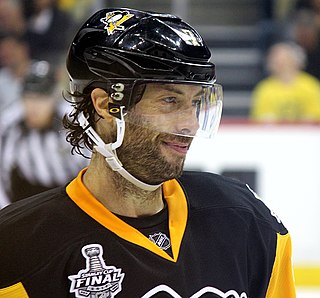A Quote by Kevin DeYoung
As Christians we need to be patient, understanding, and kind. Instead of going on the attack, we can ask genuine questions. Instead of bristling when our narrative is summarily dismissed, we can carefully explain our way of seeing things. And when we are wrong, we won't be afraid to say so.
Related Quotes
Healing from our past is an essential aspect of expanding our sense of self and awakening our capacity to love. This shift often manifests as a change in the questions we've been asking ourselves. Instead of What do I need? we ask, How can I serve? Instead of What am I getting out of this? we start to ask, What can I bring to this situation to promote the highest possible outcome for everyone involved?
We need to take a less narrow look at our children’s problems and, instead, see them as windows of opportunity—a way of exploring and understanding all facets of our children’s development. If we can understand the underlying developmental process, we can see a child’s struggles as signs of striving toward growth instead of chronic problems or attempts to aggravate adults.
Philosophical questions are not by their nature insoluble. They are, indeed, radically different from scientific questions, because they concern the implications and other interrelations of ideas, not the order of physical events; their answers are interpretations instead of factual reports, and their function is to increase not our knowledge of nature, but our understanding of what we know.
Whether it's your family, friends, community that you connect with, don't be afraid to reach out. That's my biggest advice that I can say for anyone going through any kind of obstacle or trials or tribulations. Don't be afraid to reach out and ask questions. Ask for help, because you never know where you'll find it.
When somebody is a little bit wrong - say, when a waited puts nonfat milk in your espresso macchiato, instead of lowfat milk - it is often quite easy to explain to them how and why they are wrong. But if somebody is surprisingly wrong - say, when a waiter bites your nose instead of taking your order - you can often be so surprised that you are unable to say anything at all. Paralyzed by how wrong the waiter is, your moth would hang slightly open and your eyes would blink over and over, but you would be unable to say a word.
Like Jesus, we can decide, daily or instantly, to give no heed to temptation (see D&C 20:22). We can respond to irritation with a smile instead of scowl, or by giving warm praise instead of icy indifference. By our being understanding instead of abrupt, others, in turn, may decide to hold on a little longer rather than to give way. Love, patience, and meekness can be just as contagious as rudeness and crudeness.
One of the reasons I love prayer is that it is an antidote to guilt and blame. If we are unhappy with the way we have acted or been treated, instead of stewing in self-recrimination on the one hand, or harboring ill will toward someone else on the other, prayer gives us a way out of the circle of guilt and blame. We bring our painful feelings into the open and say, "I have done wrong," or "I have been wronged." And then we ask for a vaster view--one that contains within it all the forgiveness we need in order to move forward.







































